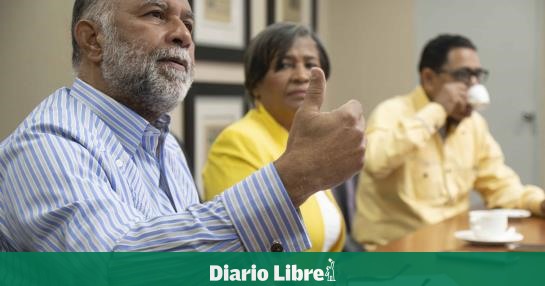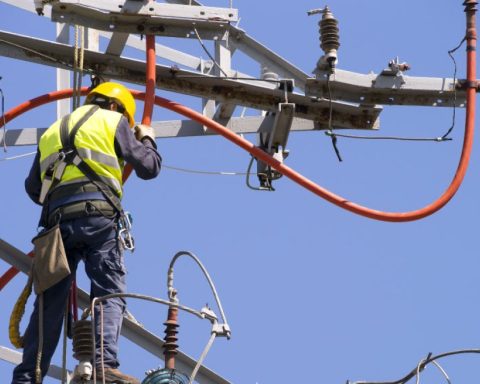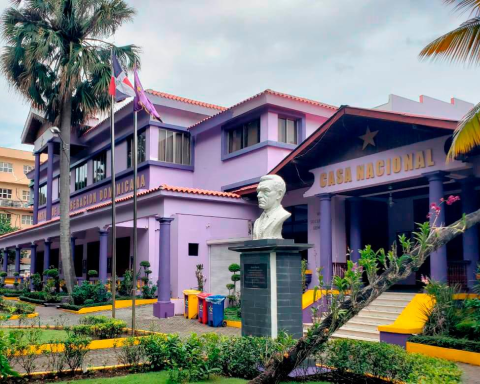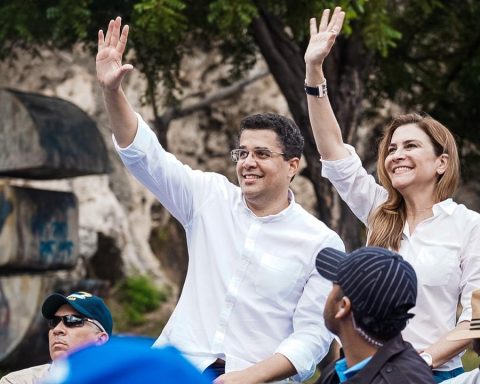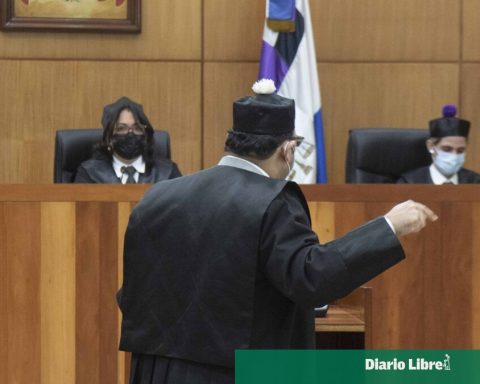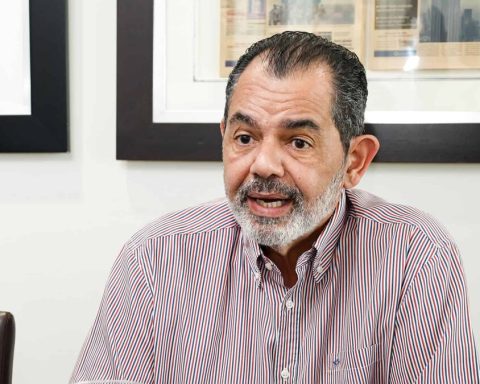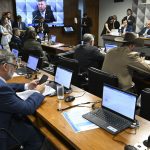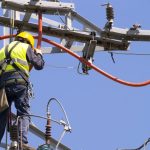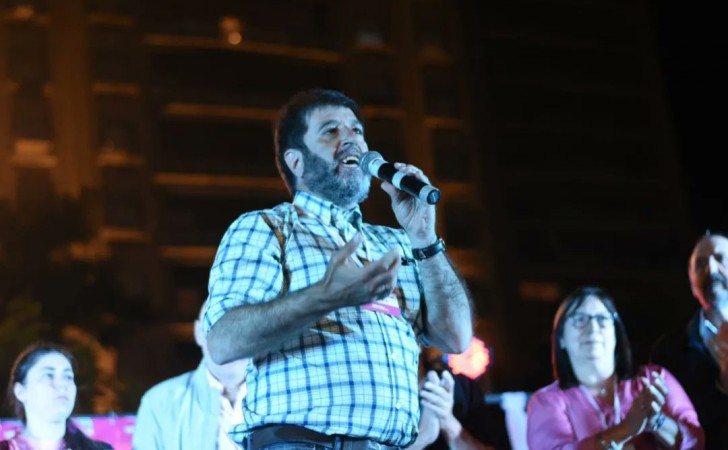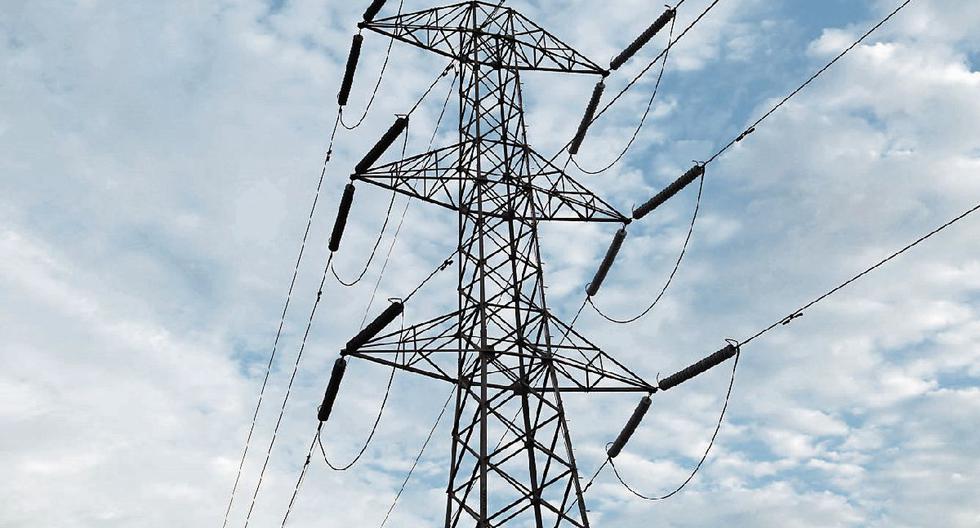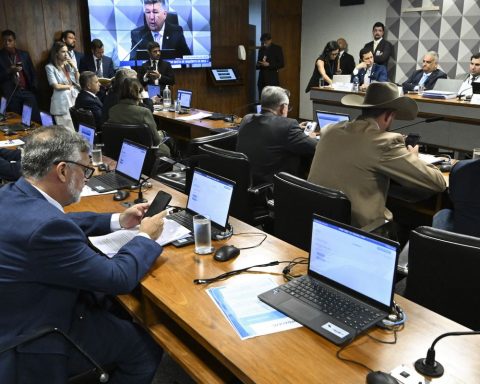The Dominican Association of Teachers (ADP) trusts that the president Louis Abinader will intervene to put an end to the conflict generated by the salary increase for teachers, agreed last year and on which they have not reached an agreement agreement with the Minister of Education, Roberto Fulcar.
The president of the union that brings together the teachers, Edward Hidalgoexplained that it would not be the first time that the head of state would mediate in a situation, since he has had to take on issues in the educational sector, given Fulcar’s indifference.
“In the past administration of the ADP, led by Xiomara Guante, why did we go to the Palace? Because the president had to order the minister to sign the agreementbecause I didn’t want to sign it either,” Hidalgo said.
For the union leader, it is a good sign that President Abinader is interested in finding a solution and that the ADP He is aware that he is going to discuss, not impose, but that the authorities do not have to go with a finished matter either.
Hidalgo also affirmed that a poor contribution is being made to the debate by affirming that the demand for a salary increase is political, since it was a decision of the National Executive Committee, in which there is representation of all the political forces and the Dominican Liberation Party, to which it belongs, is in the minority.
Sixto Gabín, secretary of Higher Education of the union, reported that President Abinader spoke with Hidalgo a week ago and told him that if no progress is made with the minister, he is ready to intervene. “We wish they had called us.
Fulcar has been a recidivist with the ability to deal with all issues”, Gabín stressed.
Strike
When asked about the prudence of the call to mobilizations to pressure the authorities to sit down and discuss the amount of the salary increase, Primitiva Medina, second vice president of the ADPassures that they are aware of the moment, but referred that the teachers They have not received a salary increase since 2018.
“The Executive Committee of the ADP, where all the parties are represented, made the decision to mobilize us. It is not a political decision, nor one of Eduardo Hidalgo.”President of the ADP
“We should not have come to this, that is why the agreement was signed. agreementwe believe in dialogue and therein the wage increase proposal that was for the authorities to make the decision before we had to mobilize”, he indicated.
Medina said that the teachers They have also been impacted by inflation, and have seen their purchasing power decrease “when they shop at supermarkets, when they buy medicines, pay tickets, buy gasoline.
top-down management
For the Dominican Association of Teachers (ADP) the current management of the Ministry of Education is vertical, not very participatory and very centralized.
Sixto Gabín refers that this verticality had been overcome with the Ten-Year Education Plan, but it has returned to auditing and supervision levels, rather than to horizontal content levels.
“So, there is a vertical management, therefore authoritarian, that has little dialogue, that talks little, not only with the ADP, but with fathers and mothers, with students. That is an evil that we have been dragging from before, not only with the present directive of the ADPalso with the management led by Xiomara Guante”, concluded Gabín.
The president of the ADP questioned the use that is given to 4% of the Gross Domestic Product that is destined for Education and assures that this money is not going to schools. Hidalgo understands that it is necessary to evaluate what is done with that large investment and where it is going, because the results are questionable. “The 4% investment is not going to schools. The issue of quality is very important, and we are in favor of resuming the Assemblies of the Pact because one of the issues on which we are clear is that we must evaluate to see that large investment that is made for where it is going, because the results are questionable.” He deplored that nothing is done with the results of the evaluations in an attempt to improve the quality of education. Since compliance with the General Education Law began in 2013, in relation to established financing, more than US$23 billion have been allocated to the national education system, an investment that is not reflected in the improvement of quality of students, the professionalization of teachers and the suitability of the infrastructure of educational centers.
